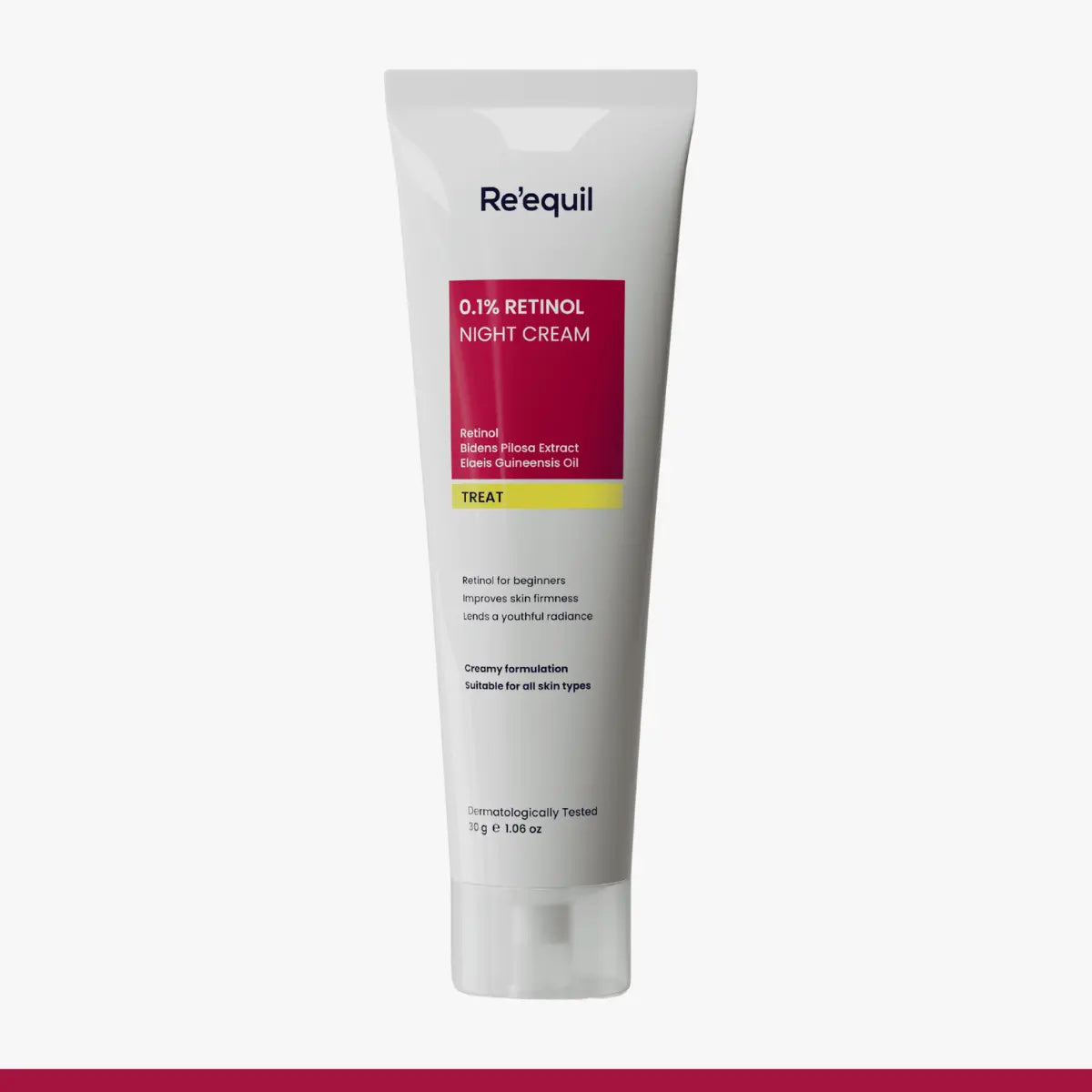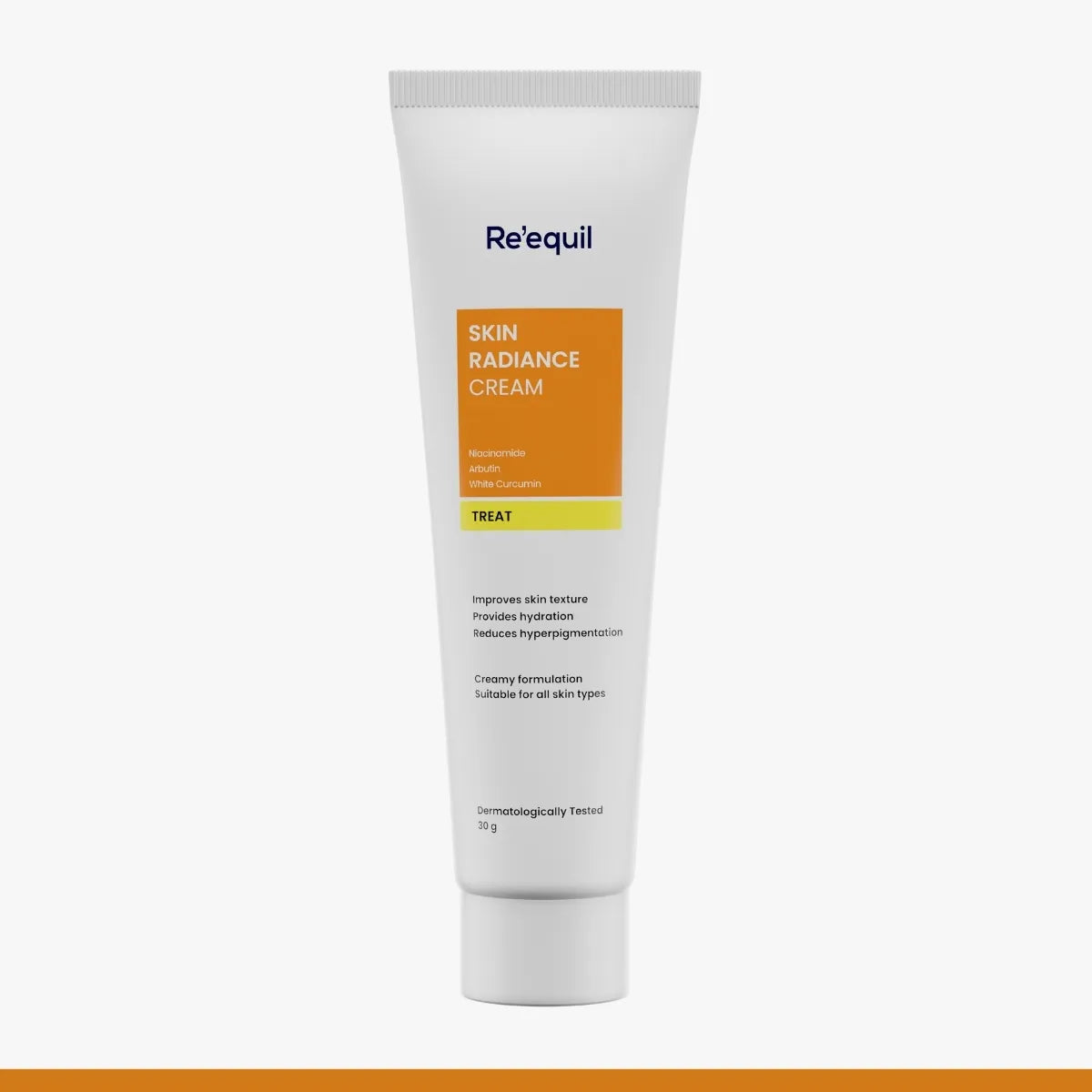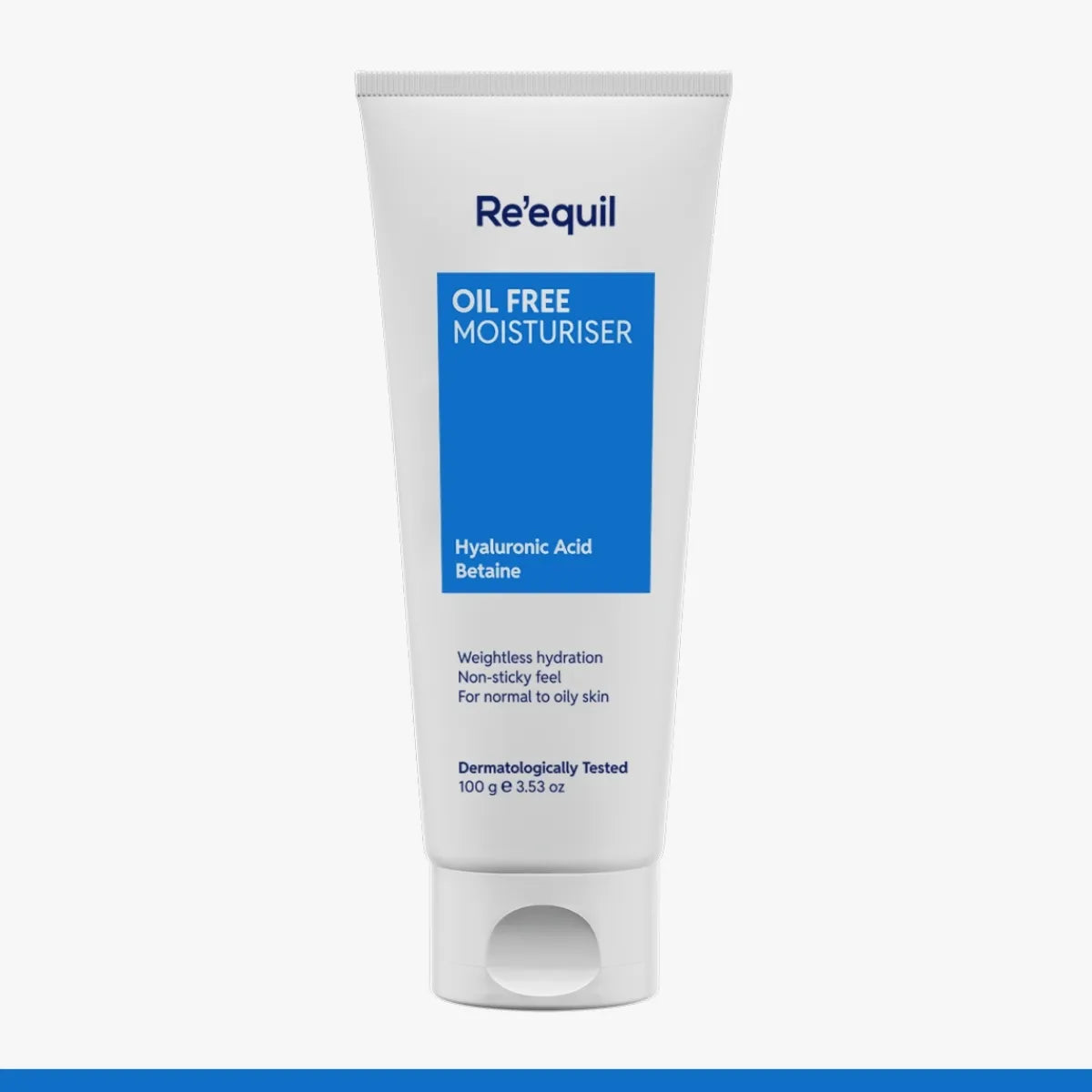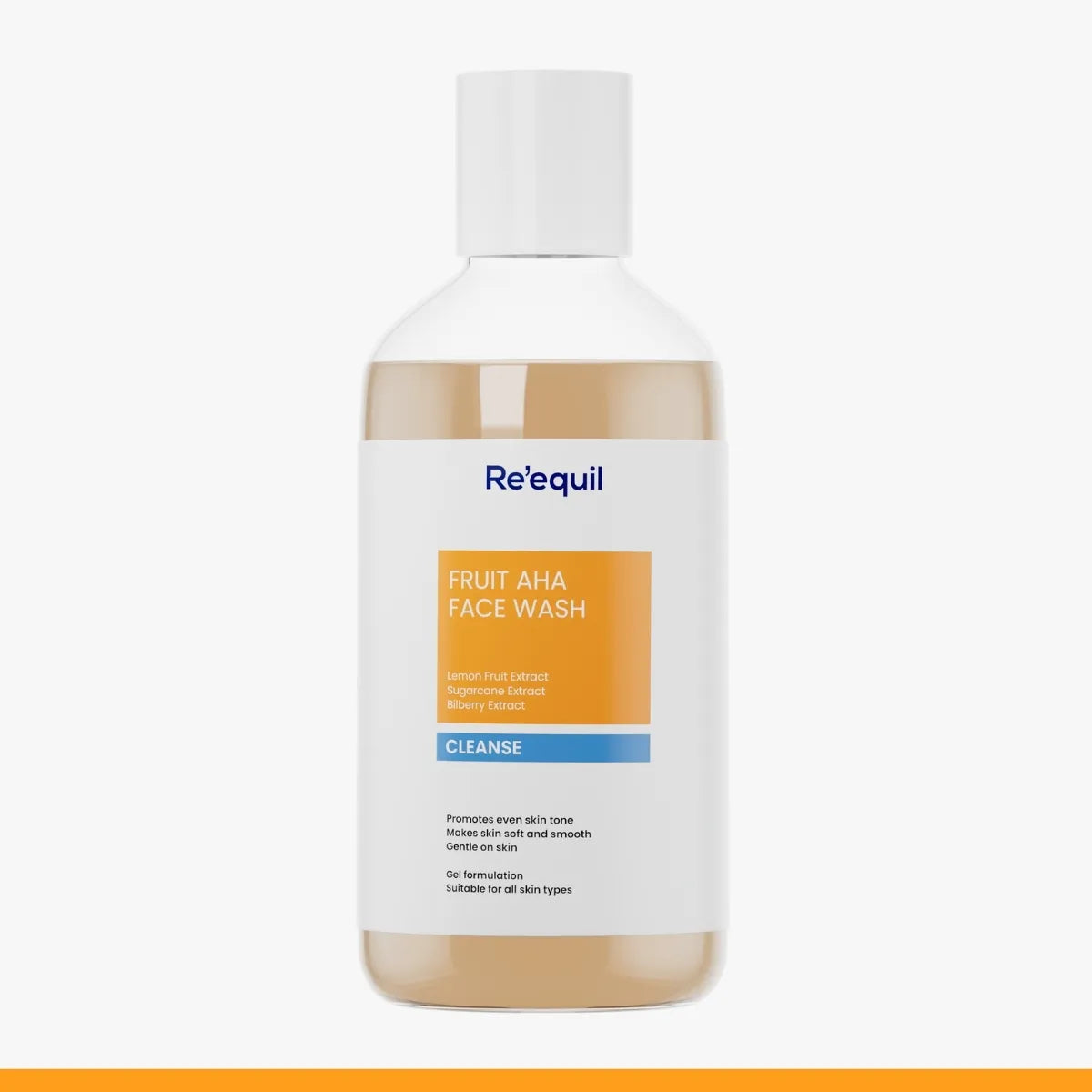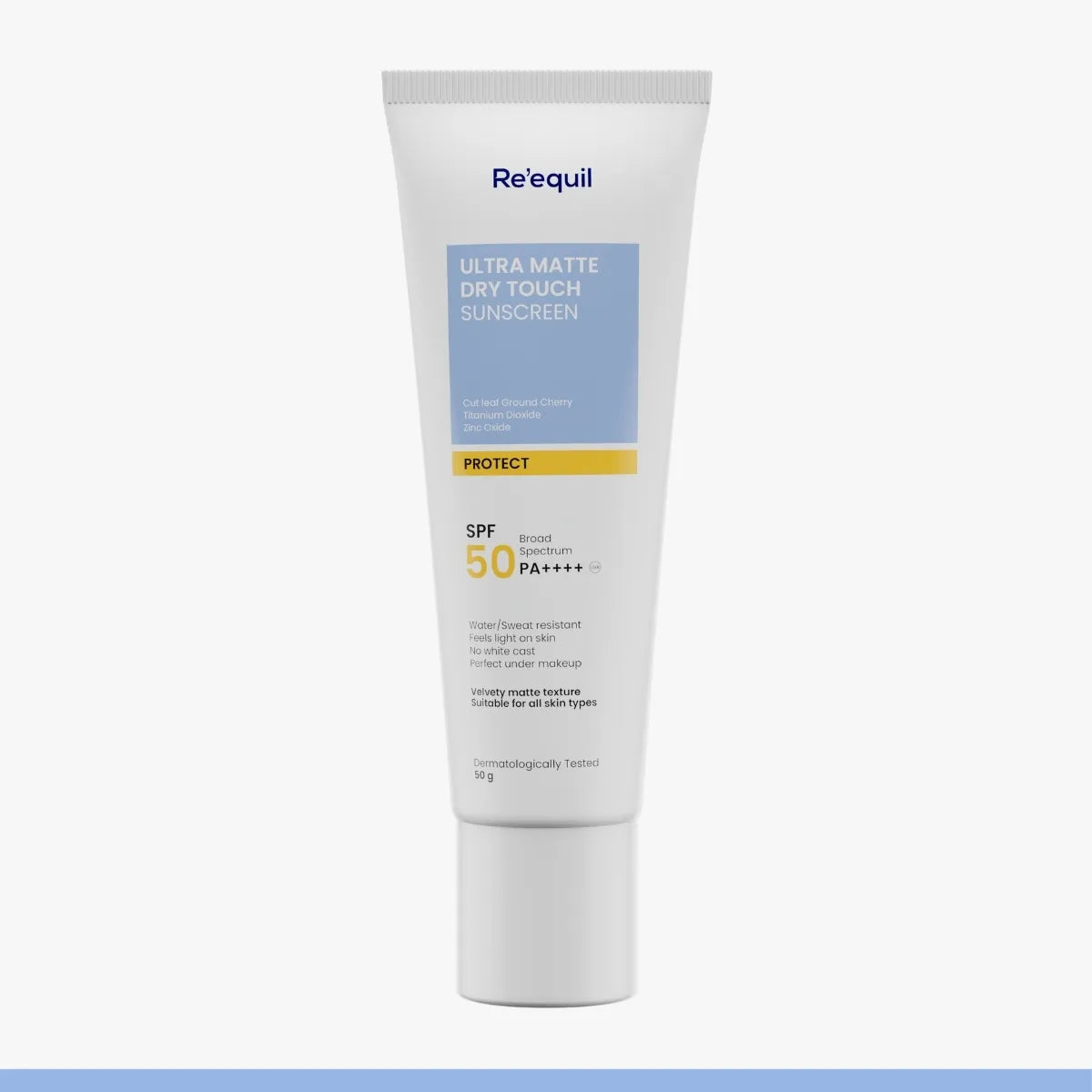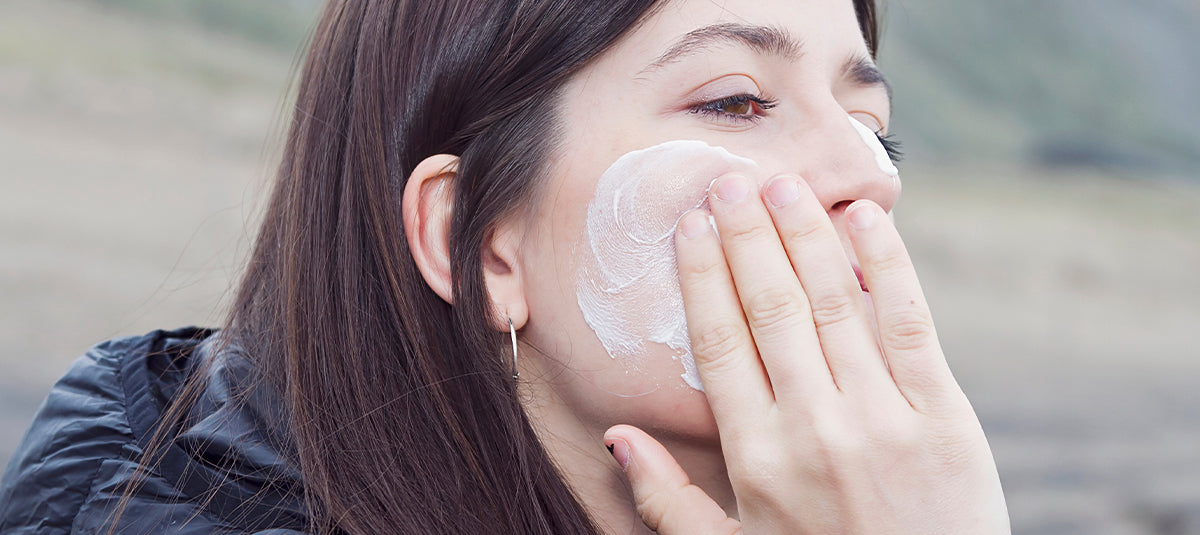Do you often assume that during the winter month, it is absolutely ‘OK’ to skimp on sunscreen because you barely see the sun?
However, scientists have a piece of alarming advice regarding the same. Research published in The Archives of Dermatology demonstrated that there is a need for sunscreen and protective clothing for sun safety in winter. This study further explains that the UV rays are still intense during cold weather conditions, which may cause serious damage to your skin.
Furthermore, skin care experts also explain that irrespective of weather, sunscreen should be used all year. Here's everything that explains why you still need sunscreen in winter. Read the blog to know which sunscreen to choose.
Top 5 reasons why you need optimum sun protection during winter
1. Intense UVA/UVB rays
Sun emits UV radiation in two forms: UVA rays and UVB rays. It is important to acknowledge that even though UVB rays are not a big concern for your skin in winter, UVA rays remain constant all year long and can easily perforate through clouds, fog, glass, etc. Therefore, it can very likely damage your skin during winter if your skin is not shielded properly.
The main damage that UVA rays can cause to your skin is hyperpigmentation, skin cancer, early aging, etc. Furthermore, you should wear sun-protective clothing followed by sunscreen application.
2. Low moisture levels
As winters arrive, it brings a natural drop in humidity level, which causes low moisture levels. The repercussions of low humidity and cold temperature can cause your skin to shrink and crack, subsequently leading to the appearance of creases and folds on the skin.
Before heading out, you should apply sunscreen on your face, neck, and hands to prevent the dryness of your skin. Antioxidants and mineral ingredients like Zinc oxide and Physalis Angulata Extract present in sunscreen help to soothe your skin.
3. Thinning and depletion of the ozone layer
Did You Know - The ozone layer is known as “natural sunscreen” for the earth. It filters out harmful UV rays.
However, it has come to attention for a few years, that earth’s ozone layer is gradually thinning and depleting due to industrial and other human activities. Impliedly this will lead to higher UVB levels. In addition, the risk factor of receiving various skin problems due to the thinning of the earth’s ozone has vastly increased. Therefore, the necessity to apply sunscreen on your skin every day throughout the year has increased.
4. Sun rays through glass
Even if you curl inside the blanket and enjoy the cozy days inside your house, still you are not safe from sun damage. A research study published by The Canadian Center of Science and Education (CCSE) has demonstrated the scattering and absorption of UV radiation through glass material. It has been found that glass can easily filter out UVB rays; it still can’t hinder UVA rays from passing through the glass of your car or house windows, which results in the aftermath of rays penetrating and infiltrating your skin. The constant penetration of UVA rays into your skin through the medium of glass can cause serious damage to it.
5. Snow reflects UV rays
As per the world health organization, snow reflects 80% of UV rays. This simply implies that even if you are enjoying your winter vacation in a heavy snowfall area, sun rays are not kind to your skin. As a rule of thumb, you should wear sunscreen for half an hour before going outdoors for optimum sun protection.
Characteristics of an ideal sunscreen
1. Take note of SPF
SPF ( Sun Protection Factor) is a measurement of how well a sunscreen can protect your skin from harmful ultraviolet rays. There is no sunscreen, which provides 100% protection from sun rays. However, sunscreen with a greater SPF number is known to provide better protection to your skin. Skin cancer foundation recommends wearing a broad-spectrum sunscreen with SPF higher than 30 for outdoor activities.
Note - However, SPF is just one factor that determines the effectiveness of sunscreen and the protection it offers. Other factors are - skin type, time of the day, frequency of reapplication, weather conditions, the quantity of use, and other environmental factors.
2. Broad-spectrum sunscreen
The term “broad-spectrum” refers to a sunscreen, which protects your skin from both UVA and UVB rays. Apart from UVB rays, the sun also emits UVA rays, which are known to be more harmful. UVB rays cause damage to the outer layer of your skin (epidermis), which results in sunburns, tanning, etc. Whereas, UVA rays penetrate deeper into skin layers, which can cause more serious damage to the skin such as premature ageing. Ensure that you wear broad-spectrum sunscreen.
3. Non- comedogenic
Your skin consists of tiny pores that release sweat and oil. If pores get clogged, it can result in blackheads, acne, etc. Non-comedogenic products are formulated in such a way that they do not clog your skin pores. They assist in preventing any future breakout, providing you with healthy and breathable skin. Applying a non-comedogenic sunscreen will not only provide protection to your skin from the sun but in addition, it will help enhance your skin and keep your pores breathable.
4. Free from harmful ingredients
Ensure that your sunscreen is free from harmful ingredients like PABA. In case you have sensitive skin ensure that you use an O free sunscreen meaning it shall be free from oxybenzone, octocrylene and octinoxate. Numerous research studies have raised concerns about the extensive use of Os in sunscreen products. These chemical ingredients are found to cause negative effects on human and marine life. It is better to choose sunscreen, which is free of oxybenzone and other harmful ingredients.
Even if standing near a windowpane enjoying winter’s morning view, sunbathing, or completing outdoor chores, always remember to apply sunscreen to protect your skin from harmful radiation.
Quick Enlightenment - Skincare experts explain that skin damage caused by cold weather conditions may sustain during the summertime in the form of pigmentation, premature aging, dark spots, sagging skin, etc. It is very important to follow an ideal winter skincare routine as per the needs of your skin and get rid of winter skin concerns easily.
P.S.
Low humidity levels in winter rob the moisture from the uppermost layer of skin, which contributes to dry and cracked skin. Moisturizing your skin in winter is the key element for maintaining healthy skin. It is best to apply a moisturizer to lock the moisture in your skin. Ingredients like hyaluronic acids and ceramides help to prevent dryness and offer your soft and supple skin.
